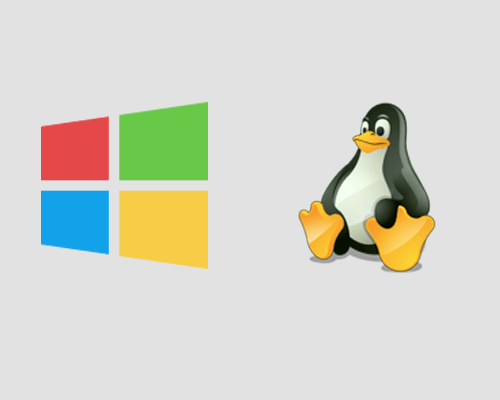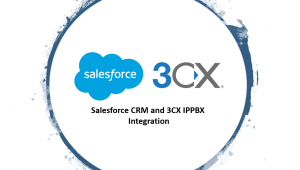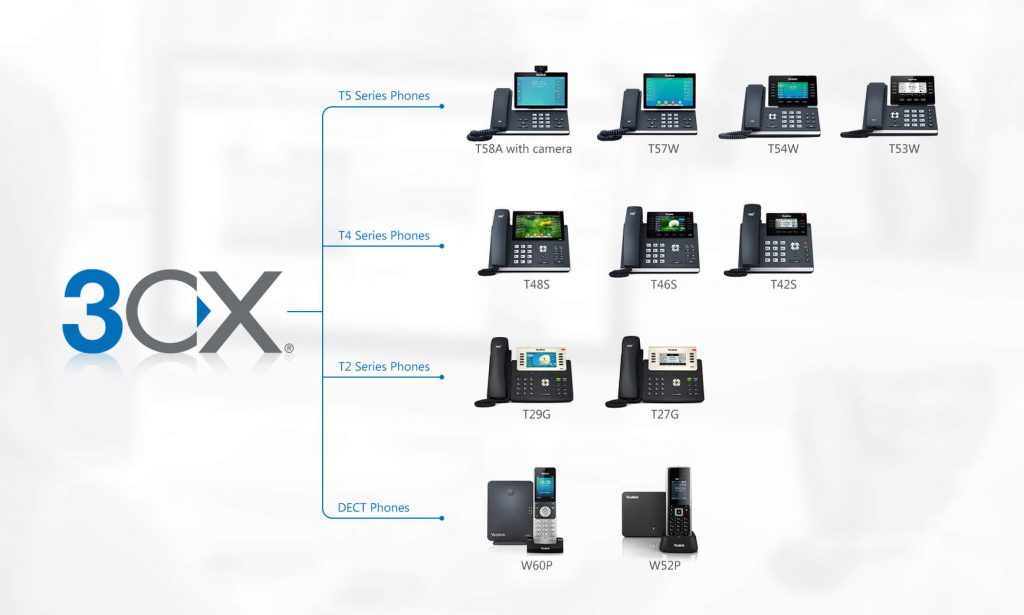
Why Linux instead of Windows?
Arguably the top 3 objective reasons people select Linux for certain projects could be:
- financial cost
- stability
- security
Financial Cost
The main argument here is that Windows 10 Pro currently has a retail price tag of $200. One can argue that the ease of use is worth the money on a desktop PC, but more about this when discussing “stability” and “security”.
Linux Operating Systems, on the other hand, are, in the very large majority, free-of-charge. Debian is indeed also free-of-charge.
If you are proposing a telephone-system to a customer based on 3CX, the fact that your customer does not have to shell out for the Operating System can be a factor. In fact, most SMB requirements could be well served with a NUC-style PC running Debian and costing under $200.
Stability
A sophisticated GUI, particularly the one presented by Windows, can greatly simplify usability and productivity. However, a server spends VERY little of its time actively responding to GUI events (mouse clicks and key presses mainly), and for server-type applications, the GUI is simply robbing the server of resources which could be put to much better use.
The GUI is also an extremely complex piece of software, which is, therefore, more susceptible to bugs than a text-based interface would be.
On a personal note, having spent the last 12 years managing systems and servers in one capacity or another, I can say that I find myself MUCH more often needing to reboot Windows servers than Linux servers.
Security
We mostly measure a system’s level of security via its susceptibility to viruses and to intrusion (hacking in one form or another). Even though it MAY be true that Windows is more vulnerable from a security standpoint, it is worth considering WHY this is.
The anti-virus effort has long been underway in the IT world, and it is quite clear that Windows is by FAR the most targeted Operating System. But we should keep in mind that, for a virus to succeed in its intent, it needs to deliver its payload to the largest number of devices, in the most rapid manner possible. And since Windows is present on well over 90% of all PCs in use today, it only makes sense for virus writers to target Windows SPECIFICALLY because it has been so successful in getting onto such a large number of PCs.
The argument for susceptibility to intrusion follows very different lines, in my opinion. The security of a server system is, I think, directly related to the level of competence and expertise of the system administrator managing it. Any system has its advantages and difficulties, and it is up to the system administrator to configure the system in a way to avoid exposing its shortcomings in a way that can be exploited.
So if your experience with Linux is thin on the ground, you have a lot of reading to do…

 Previous Post
Previous Post Next Post
Next Post



